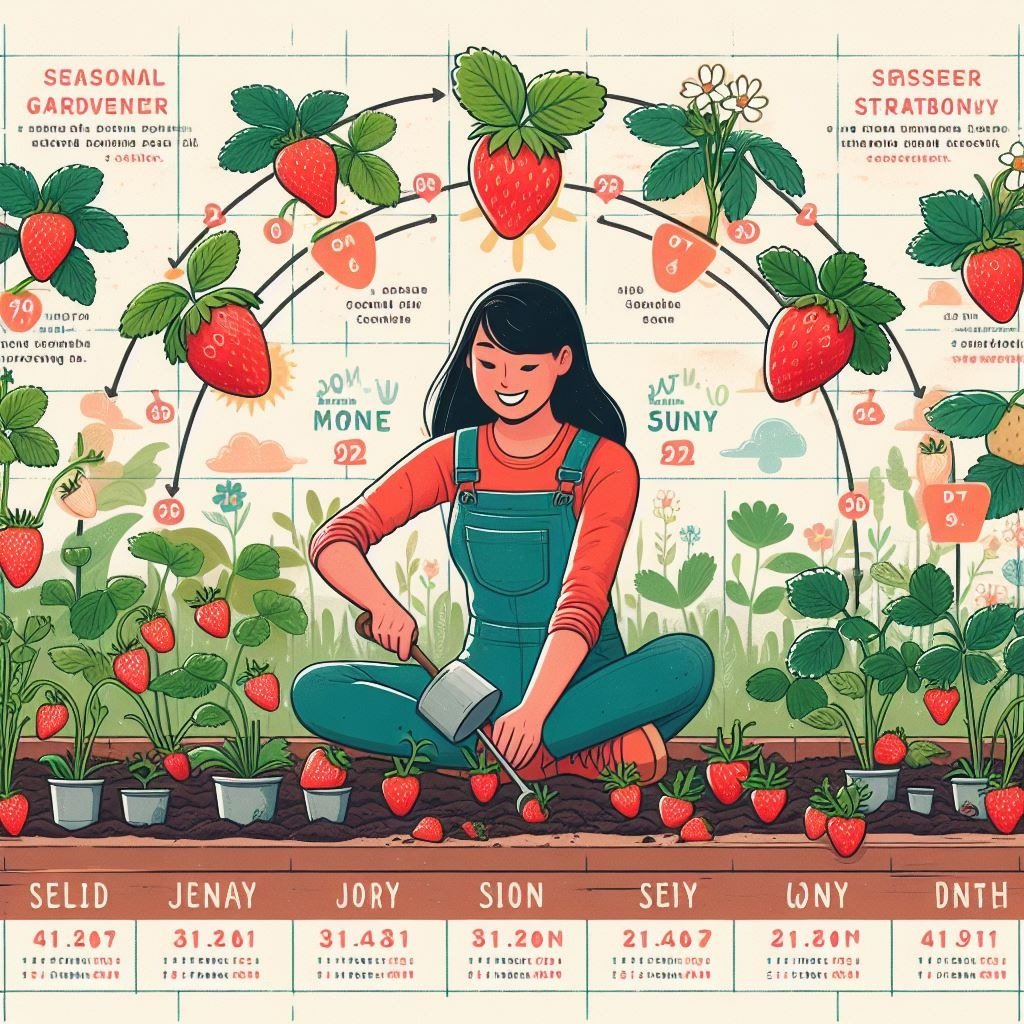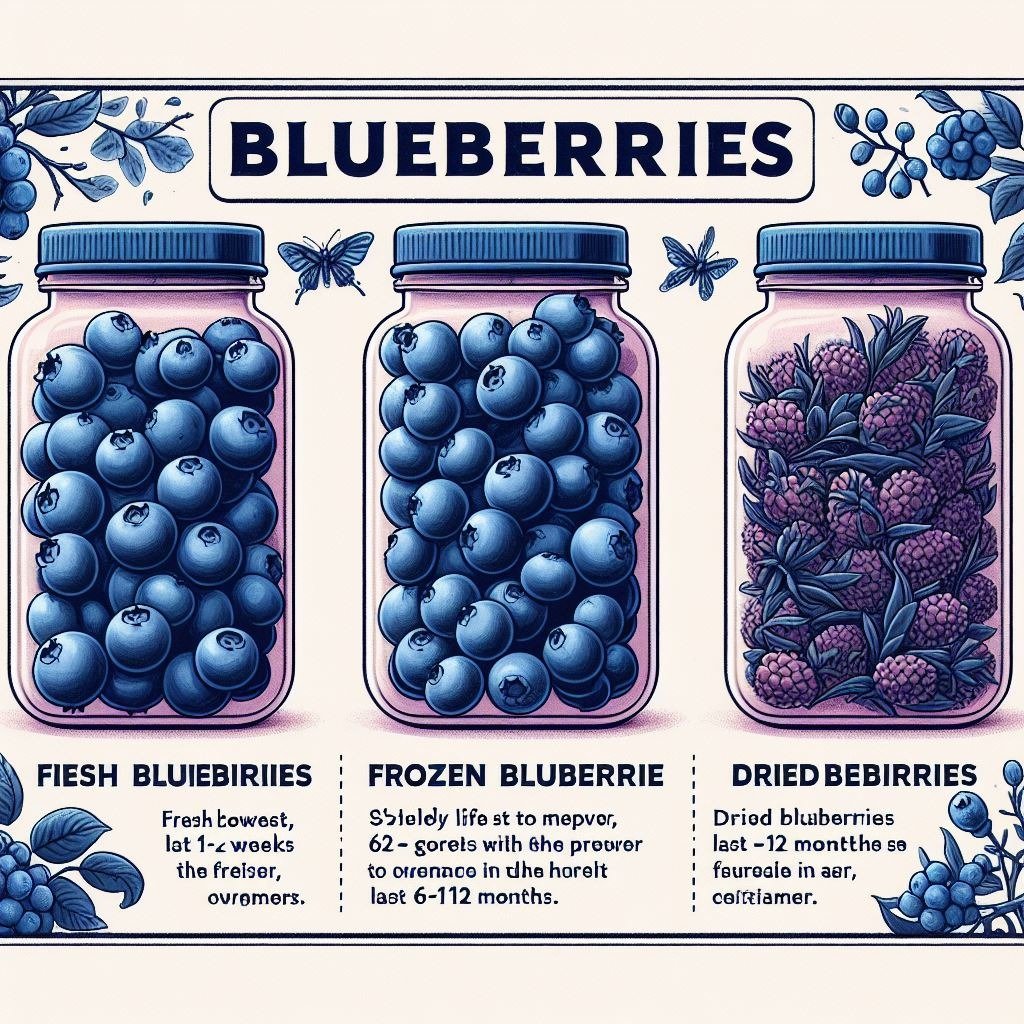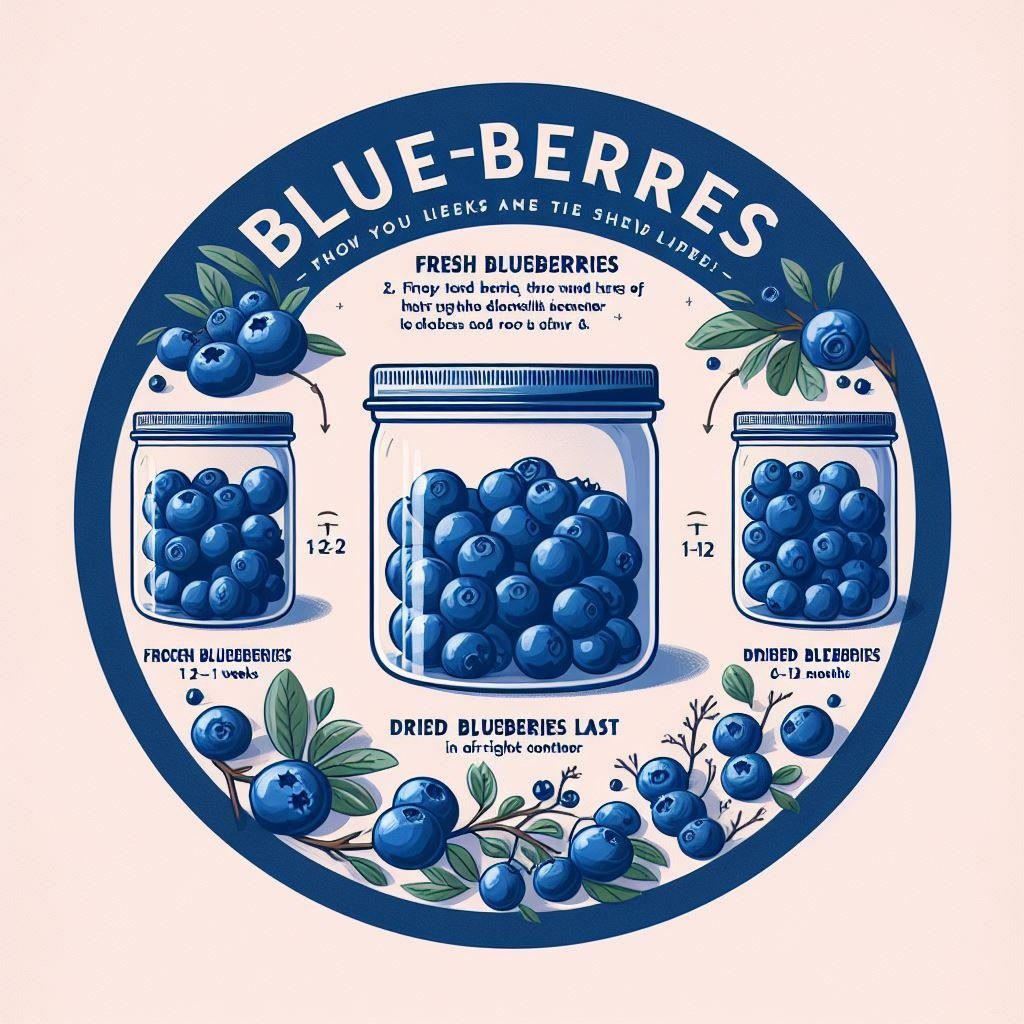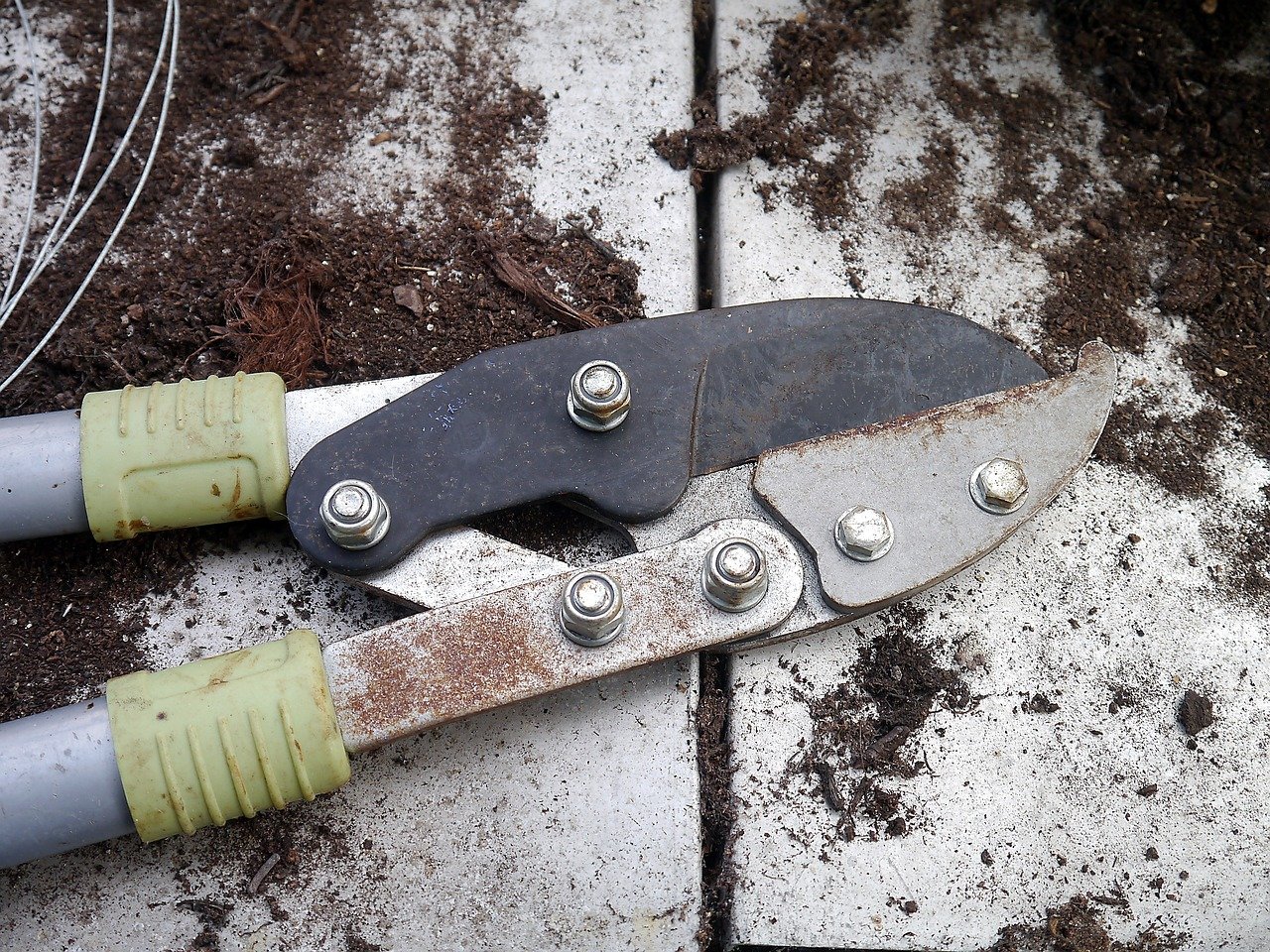
Timing is everything. When to plant strawberries for a great harvesting season is what you should worry about
When to plant strawberries In this book called “The Plot Hero’s Guide,” you are going to learn about the strategic

Blueberries embody the spirit of a beloved, effective super fruit that is also rich in eye-catching color, mouth-watering sweetness, and health benefits. They aren’t tiny anymore; those little berries are staples today and star in many morning bowls, with their presence noticed at many lunchtime salads and indulgent desserts. However, one common question that often arises is: how long do blueberries last? However, storage and handling are crucial factors that can either help sustain the freshness for a long or end up in deterioration and a shorter duration of life for these delicate fruits.
we will explore how time determines how long the life of blueberries will last, offer practical tips to prolong their shelf life and give useful information on how to store and put these versatile blueberries to good use. Make your friends green with envy. Whether you are a hard-core blueberry fancier or just looking to have the best of your produce, this article will help you fully maximize not only your love of it but also its longevity.
The life expectancy of blueberries can be different depending on multiple factors, starting from the freshness at the time of purchase, storage conditions, and techniques applied. Internally, this is not a straightforward process, and it can take up to 7 or 10 days for fresh, untouched organic blueberries to be properly stored in their original packaging in the fridge.
However, this is a time that may vary due to some variables. In the same way, those blueberries that were picked while they were at the exact ripening point will most often remain fresh for longer than those that were either a bit older or had a longer delay. Hence, two other factors, like the storage environment, which is possibly related to temperature and humidity levels, are of high importance in deciding how long do blueberries last.
The preservation process of blueberries is substantially improved when refrigeration is used correctly. Proper storage set temperature range is between 32°F and 40°F (0°C to 4°C) for actual safety. Colder temperatures, like those in the freezer, can be a great way of lengthening the life span of blueberries. However, this might affect their texture because they will tend to become harder and have a less satisfying flavor.
Blueberries grow in a humid environment with not too high humidity (please remove this; you have already given this earlier) from 90 to 95.
Handling blueberries with care until they arrive fresh is very important. To prevent the bruising or crushing of berries, handle them with care and avoid ending up with bruises. Plus, it always makes sense to put off washing blueberries until just before they are used. Excess water can quickly lead to mold, and the blueberries will rot quickly.
Being quite receptive to the ethylene gas that ripe fruits like apples and bananas produce, it is obvious that blueberries will become overripe quickly. Blueberries can ripen and spoil faster if they are stored next to this type of food because products close together can cause each other to ripen and rot.
Blueberry exerts a robust amplification at a time when it is conservative, but too much humidity can lead to molding and spoilage of fruits. The subtlety of striking an equal balance is to make the berries breathe in a container of open-air perforated plastic bag or a broad, shallow open-top container with a paper towel cornered or absorbed to clear any leftover moisture.
You should remove the imperfect, moldy, or discolored blueberries from your batch of blueberries if you spot them on any of your leaves during your harvesting. Nonetheless, despite the suspicious berries, they could release enzymes and gases to help the spoilage process faster, and if the remaining blueberries are affected, they will spoil faster than they could without these interventions.
In the long run, freeze your blueberries. This technique can substantially preserve them from picking to the point of consumption, though you will be able to keep your frozen blueberries in the freezer between 8 and 12 months. Firstly, wash your berries in water, then dry the surface, and eventually put them out on a baking sheet, ensuring that the berries are lying on it in a single layer. After thawing, they must be either put in an airtight container or in a resealable bag.
Some people have tried to increase the length of conservation by using antimicrobial coatings like those made out of chitosan or essential oils. These composites can take advantage of the joint action of the repellent effect and the fungal and bacterial development control, resulting in better protection.
Sure, efficient storage for blueberries could be a helpful way of prolonging the expiration date, but please do not forget they are highly perishable. If you want a full flavor and the right texture, try to eat your blueberries as quickly as possible, a day after you bought or cultivated them.
Therefore, concerning the blueberries’ shelf life, one can claim that it is a very complicated thing to understand because of the diversity of influential factors, starting from the freshness level to the storage conditions blueberries accept. By realizing the shelf life of blueberries and practicing the right storage methods, you can guarantee that these vibrant and juicy berries keep the highest quality for as long as it is possible.

Blueberries, unlike most fruits, have a relatively short shelf life at room temperature; they normally spoil within just a day or two if kept at room temperature without refrigeration. Heat saps away the natural moisture from the berries, making them perish and creating a crust in the wet area. “Fridge them as quickly as possible” remains the best rule for maximum freshness.
In my case, I won’t eat it anyway when I know that the surface of some blueberries is moldy. The molds can make some toxins, termed mycotoxins, that the person should avoid. Should you find any marks of mold or discolored areas on your blueberries, chances are they are bad fruit to consume. Therefore, such berries should be discarded on the spot.
Washing blueberries typically shortens their shelf life to a certain extent. Unwashed blueberries tend to last longer than washed blueberries. The humidity from rinsing may lead to fungi increase and hence exhibit signs of premature ripens. It is recommended that the washing process gets done shortly before the time of using the blueberries.

When to plant strawberries In this book called “The Plot Hero’s Guide,” you are going to learn about the strategic

Best Pruner Anyone who enjoys maintaining a lovely garden knows you should choose the best pruners. Pruners are some of